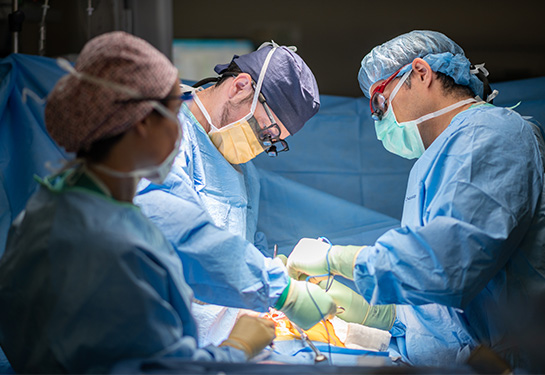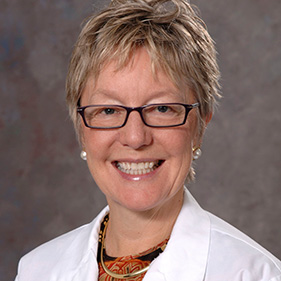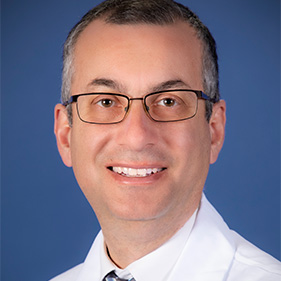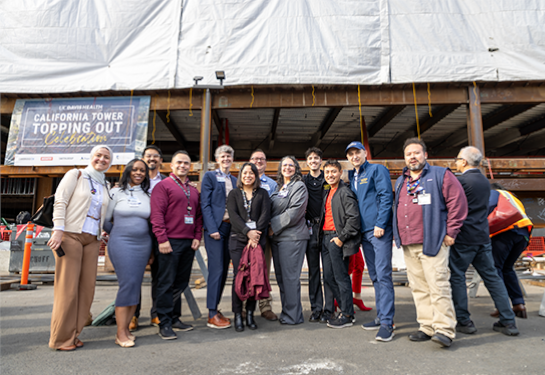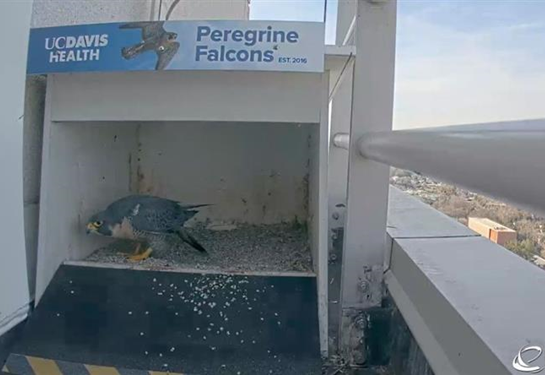UC Davis Health launches new liver transplant program
New program is only liver transplant program available in California north of San Francisco
UC Davis Health has launched a new adult liver transplant program. The move expands the existing services of the UC Davis Transplant Center and provides comprehensive care to patients with liver disease.
The liver transplant program is the third solid organ transplant program to launch at UC Davis Health, joining adult and pediatric kidney transplants. It is the only liver transplant program available in California north of San Francisco.
This expansion enhances our already robust Transplant Center and allows patients to have liver transplant care available in their own backyard.” —Diana Farmer
“As an academic medical center, UC Davis Health made an institutional commitment to develop a viable liver transplant program to meet the health care needs of our community,” said Diana L. Farmer, chair of the Department of Surgery. “This expansion enhances our already robust Transplant Center and allows patients to have liver transplant care available in their own backyard.”
The new program is approved by the United Network for Organ Sharing (UNOS), the agency that manages the nation’s organ transplant system. UC Davis Health has already completed six successful liver transplants since the first procedure in July. The program will serve patients located in the 33 counties UC Davis Health covers, which includes a 65,000-square-mile area north to the Oregon border and east to Nevada.
A liver transplant is an operation that replaces a patient's diseased liver with a whole or partial healthy liver from another person. Currently, transplantation is the only cure for liver insufficiency or liver failure because no device or machine reliably performs all the functions of the liver.
According to the U.S. Health Resources & Services Administration, livers are the second-most awaited organ transplant with over 10,500 people on the waiting list in 2023.
“For liver disease patients, access to advanced therapies, including transplantation, can be difficult,” explained Sophoclis Pantelis Alexopoulos, medical director for the Transplant Center. “At UC Davis Health, we are committed to ensuring equitable access to transplantation for patients throughout the region.”
At UC Davis Health, we are committed to ensuring equitable access to transplantation for patients throughout the region.” —Sophoclis Alexopoulos
In preparation for the launch of the program, UC Davis Health has welcomed nationally recognized specialists to grow and build the liver transplant program. The large team includes hepatobiliary surgeons, hepatologists, liver transplant anesthesiologists, advanced practitioners, transplant coordinators, nurses, financial coordinators, social workers, dietitians, pharmacists, and transplant administrators.
“Our ability to successfully transplant complex cases of severe liver disease is due to the multidisciplinary, integrated care provided by our liver transplant team,” said Lea K. Matsuoka, section chief for liver transplantation and hepatobiliary surgery at the Transplant Center. “Our team provides patients with comprehensive care throughout the transplant process, from assistance with lodging to support with nutrition and medications. Patient care does not end after the surgery; it is only beginning.”
Established in 1985, the UC Davis Transplant Center has been a leader in organ transplantation for decades. Recently, the center was selected as a model hospital by UNOS and was also chosen to guide national best practices for transplant by the Centers for Medicare & Medicaid Services.

